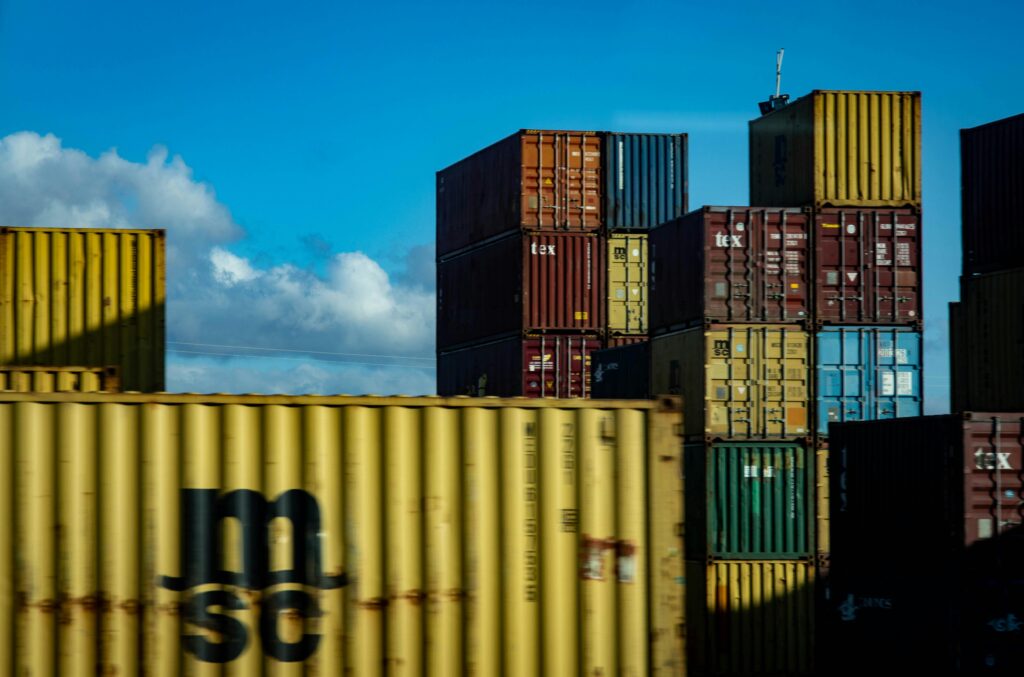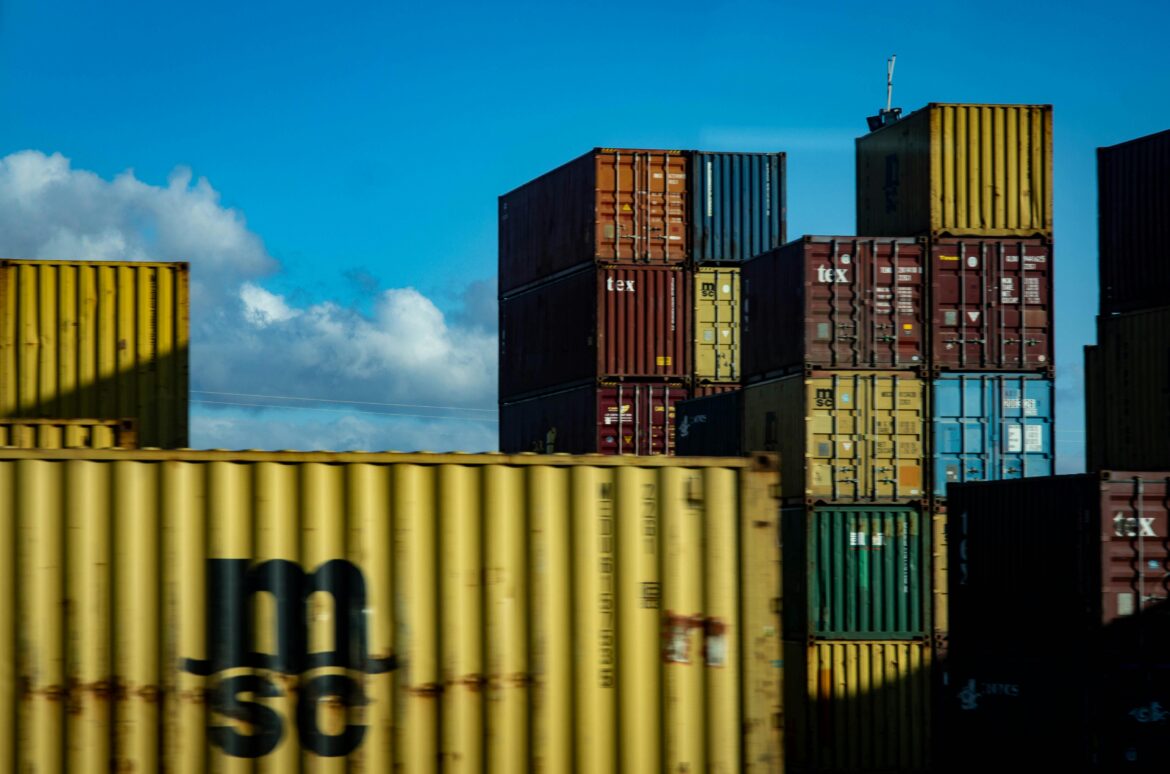Britain’s post‑Brexit push to boost exports is running into a familiar obstacle — outdated trade finance rules that threaten to hamper the growth of UK small and medium-sized exporters. The International Chamber of Commerce (ICC) has hit the alarm bell, warning that nearly £22 billion in trade-ready financing is stuck in limbo due to overly complex regulations.
Here’s why this matters — especially to SMEs looking to scale globally — and what’s at stake for the UK’s economic revival.

🏛️ What the ICC Found
In a high-profile letter to the Financial Conduct Authority (FCA) and the Prudential Regulation Authority (PRA), ICC Secretary General Chris Southworth cautioned that:
- Current rules around “Know Your Customer” (KYC) checks are too slow and rigid for small firms
- Complex capital requirements discourage banks from lending to SME exporters
- Digitization of export paperwork is underway — but the rules aren’t keeping pace
Southworth argued that without serious reform, the UK risks falling behind more agile economies like Hong Kong, India, the UAE, and the US, which have simpler frameworks and faster trade finance systems ft.com+1londondaily.news+1.
💷 Why This Money Matters
Trade finance helps exporters manage risk—financing their shipments until they’re paid. It’s essential for SMEs because:
- It reduces the burden of pre-export costs
- Helps protect against buyer insolvency
- Unlocks working capital that fuels growth
£22 billion worth of potential deals suggests thousands of SMEs with export-ready orders are currently locked out of growth, not due to lack of demand, but due to slow-moving regulations.
🔄 UK’s Global Trade Strategy at Risk
Earlier this year, the UK launched a high-profile trade strategy aimed at boosting global exports post-Brexit. But success depends on unlocking trade finance — the backbone of export activity. Without reforms, recent efforts may stall before they begin.
The ICC is clear: simplifying KYC, lowering capital buffers, and aligning rules internationally must happen fast — ideally before January 2027 when Basel 3.1 capital regime kicks in ft.com.
⚖️ FCA & PRA Push Back
Both regulators have responded with cautious optimism:
- They’re working on phased improvements to ease burdens on smaller firms
- The PRA says its upcoming capital reforms are already guided by ICC input
- UK Trade Secretary emphasises that the new trade strategy gives long-term certainty to exporters wallstreetimperial.com+8abcmoney.co.uk+8londondaily.news+8ft.com
These are welcome moves, but urgency is key — SMEs can’t wait years for incremental changes.
🏭 Who’s Most at Risk?
| Sector | Why They’re Vulnerable |
|---|---|
| SMEs in Export Growth | Limited internal capital makes external finance critical |
| Fintech Exporters | Rely on fast, easy trade finance to compete globally |
| Manufacturing Firms | Need upfront cash for production and overseas delivery |
| Agri-Food & Tech Firms | SMEs entering new markets, relying on reliable funding |
Small exporters are at the heartbeat of UK growth. Holding them back means missing opportunities and allowing competitors to move ahead.
🌍 Learnings from Rival Markets
Countries like Hong Kong, India, UAE, and to some extent the US, have built streamlined, digital-ready trade finance ecosystems.
- Hong Kong uses eKYC and centralized digital vaults, enabling quick transaction clearance
- India’s fintech-led lending platforms have slashed approval times from weeks to days
- UAE offers export finance guarantees to reduce lender risk
These jurisdictions are aggressively simplifying, leaving the UK at risk of losing comparative advantage.
🛠️ Recommended Reforms
In public statements and reports, businesses have urged:
- Digitise KYC entirely — reduce paperwork and verification times
- Lower bank capital requirements for SME trade lending
- Enable trade credit insurance access for smaller exporters
- Enhance public–private coordination to build digital trade platforms
If implemented swiftly, these could free billions in working capital and get UK SMEs exporting at scale.
📉 Possible Risks if Nothing Changes
- Trade-ready SMEs might pivot to domestic markets only
- UK could lose edge to agile economies, slowing growth
- Delay in capital reforms may hurt Brexit export goals
- Increased pressure on Trade Secretary to deliver — or risk credibility loss
💬 Quote from Chris Southworth (ICC Secretary General)
“We face a tipping point — trade finance shouldn’t be a luxury for big banks. It must support every viable exporter, and right now too many are being left behind.” theguardian.com+10ft.com+10news.southernhayfinancialplanning.com+10theguardian.com+2londondaily.news+2ceotodaymagazine.com+2theguardian.com+1ft.com+1
📝 Final Takeaway
The UK’s economic rebound rests heavily on making trade finance accessible for SMEs. Simplified regulations, digitised processes, and lower capital burdens would unlock billions in potential earnings and solidify the UK’s position as a serious global exporter.
But the clock is ticking — with new capital rules on the horizon and global competition tightening, the FCA and PRA must act with purpose and speed. Business leaders, investors, and policymakers should all keep a close eye on this one — because the future of SME exporting depends on it.
⚠️ Disclaimer: This post is for informational purposes only and does not represent financial or legal advice. Reference regulatory guidance from the FCA, PRA, and ICC for official updates and requirements.

